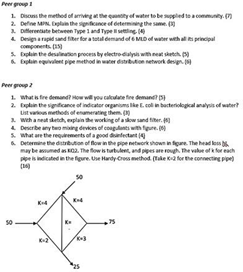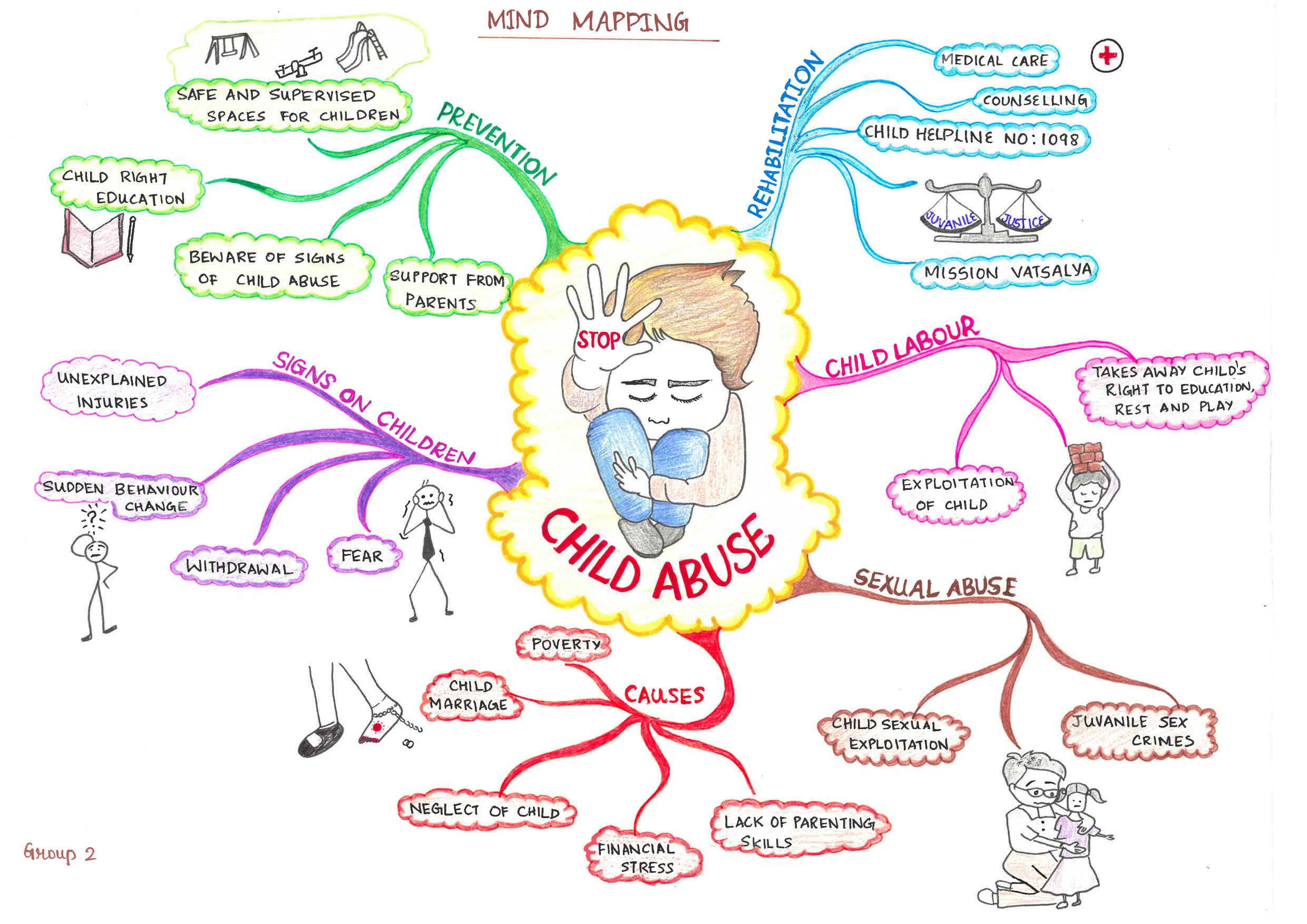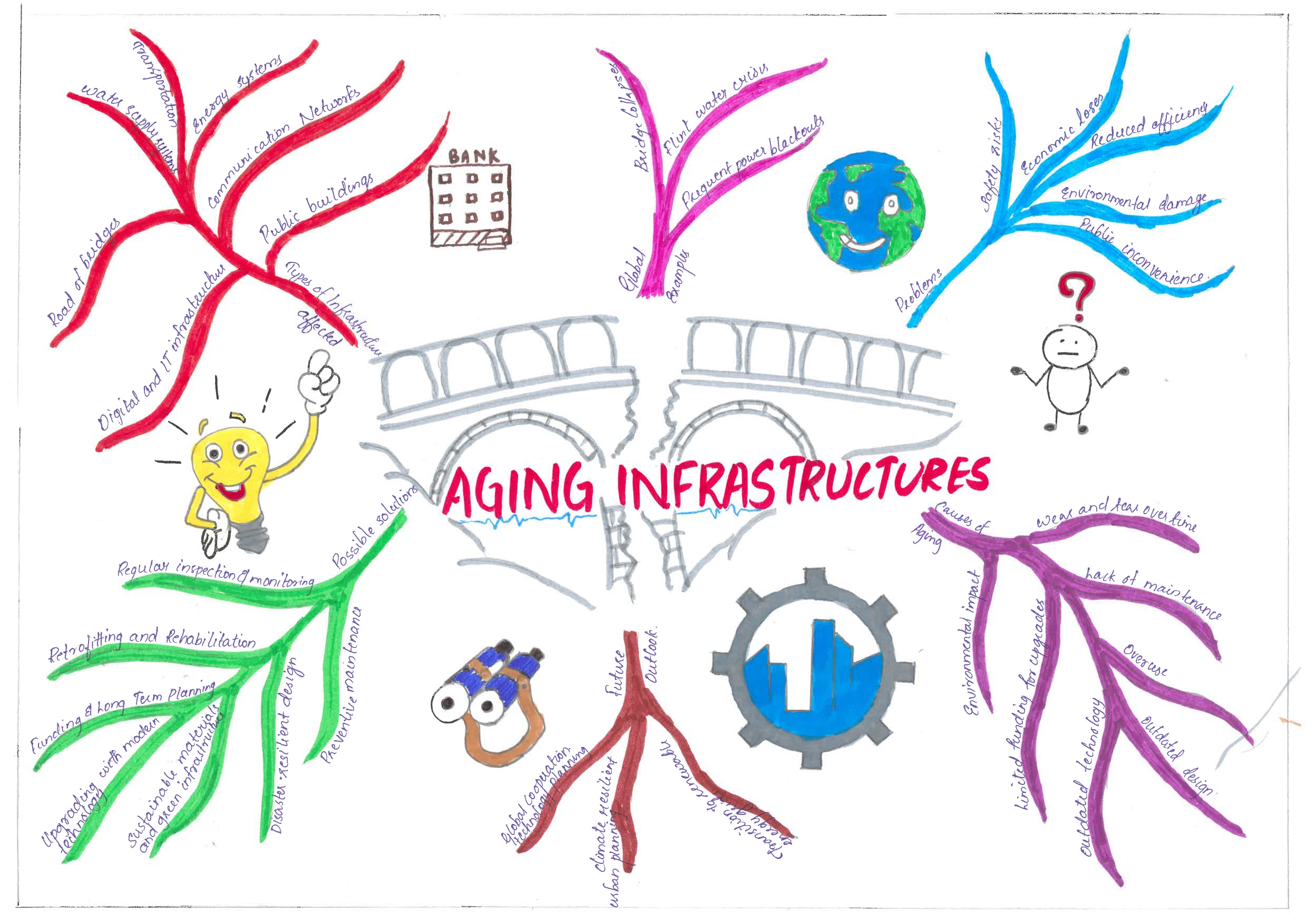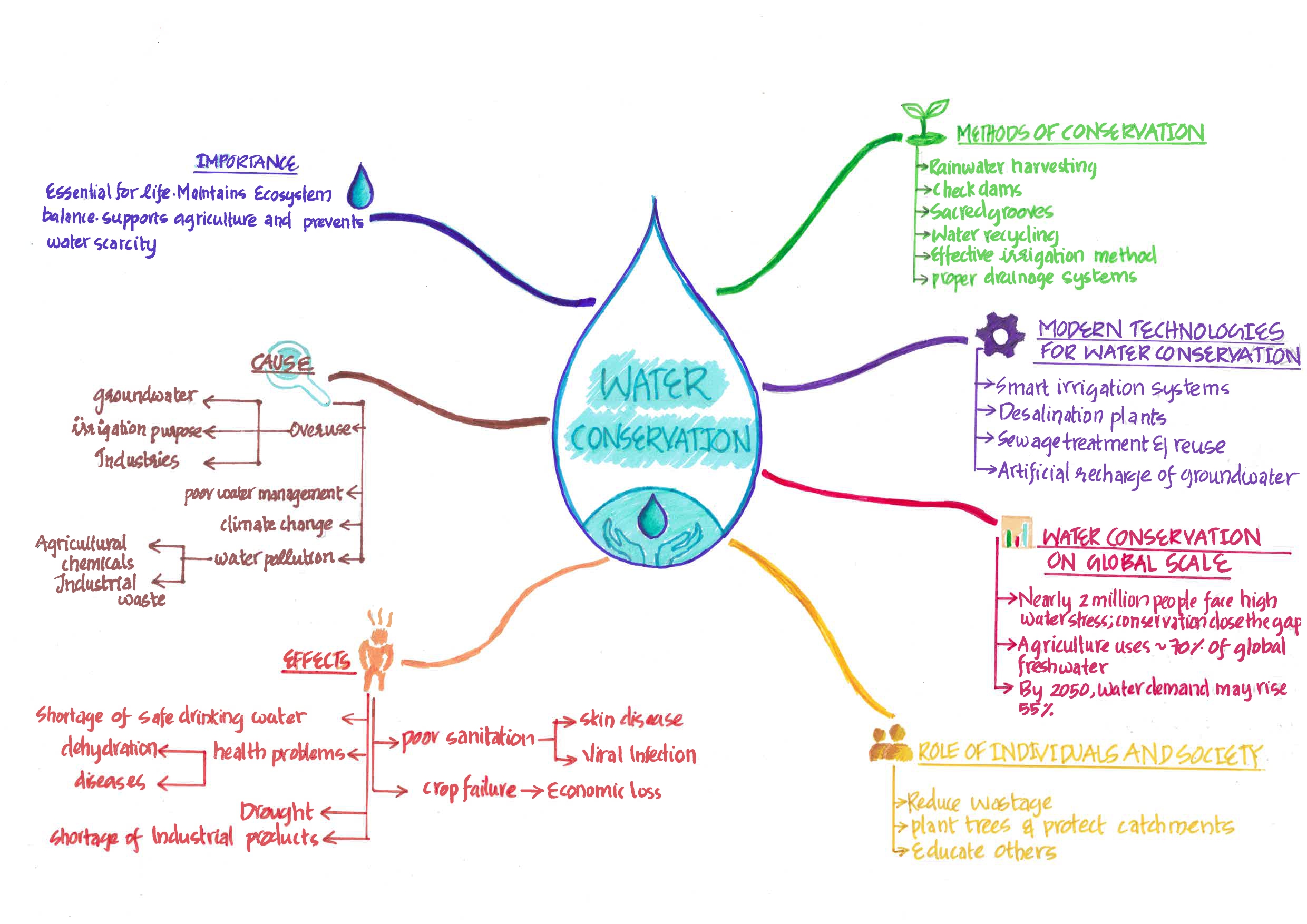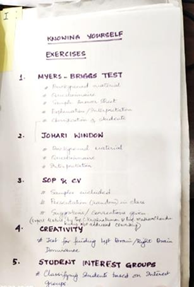Initiatives
Pedagogical initiatives
Various innovative teaching and learning methodologies have been adopted by the department to create a better learning environment.
Instructional methods and pedagogical initiatives of the department
- Conventional classroom teaching: All the classrooms have been transformed into smart classrooms with modern audio-visual aids to promote technology-enabled learning. Some of the classrooms are aided with interactive smartboards. A training program on ‘Digital Transformation in Teaching Learning Process’ was organized by the National Project Implementation Unit (NPIU) and conducted by IIT Bombay on SWAYAM to familiarize faculty with the utilization of the interactive smart boards.
- Pre-recorded video lectures: Pre-recorded videos prepared by the faculty are shared with the students.
- Organizing expert lectures, talks and webinars: The department and associated professional bodies organize regular expert talks and lectures.
- Organizing educational tours and visits: Visits to various industries, hydro-power projects, irrigation projects, water treatment plants and construction sites are organized to reinforce the concepts learnt in the class.
- Group discussions and group presentations: To engage the interest of the students and facilitate a better learning experience as well as to instill confidence in the students, group discussions are conducted for courses like Professional Communication, Life Skills etc. To encourage active learning, small groups are formed among students, and each group is asked to present a topic, and the other groups express their opinions/suggestions on the same.
- Flipped classrooms: Flipped classroom is also practiced, especially during and after the shift to online mode.
- Tutorials: In order to provide individual attention to students, more faculty and Teaching Assistance students are assigned to the tutorial class.
- Case studies are presented in the class as a part of the course or as content beyond the syllabus.
- Real world examples are cited in the class for better understanding of the course content.
- Collaborative learning:To develop a spirit of collaboration and cooperation among students and to make the learning process more effective, peer groups are formed among the students and set of questions are given to each peer group as assignment. Students work in groups to discuss concepts and find solutions to the problems in courses like Design and Engineering, Design Project and other theory courses where group assignments are given.
- Activity-based learning is also given as a part of collaborative learning for courses like Design Engineering and Life Skills.
- To improve the creativity and productivity of students and make complex ideas easier, mind mapping activity is given for various courses.
- Three-dimensional models are developed for understanding complex engineering structures and to prepare engineering drawings for subjects like the Design of Hydraulic Structures.
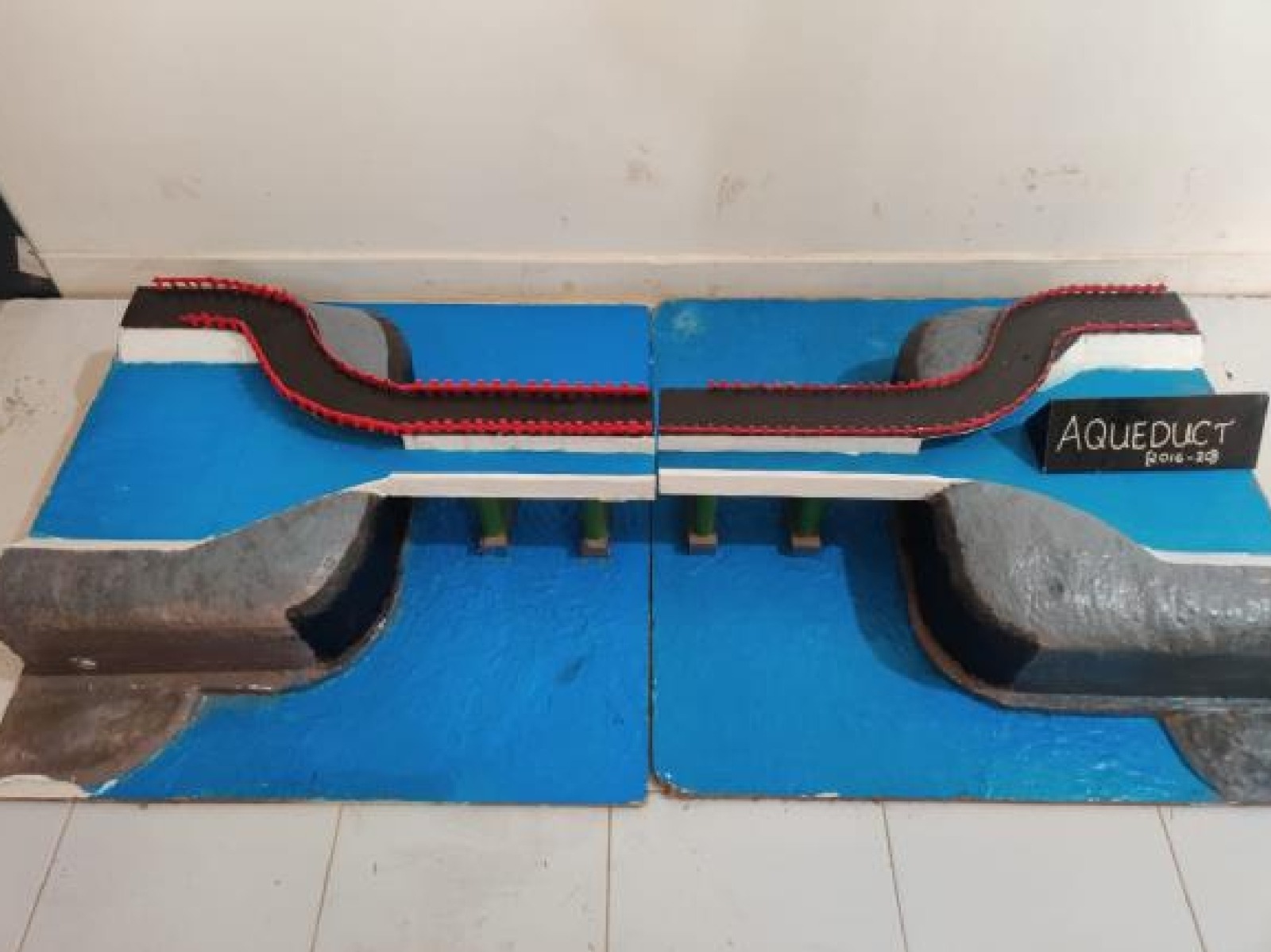
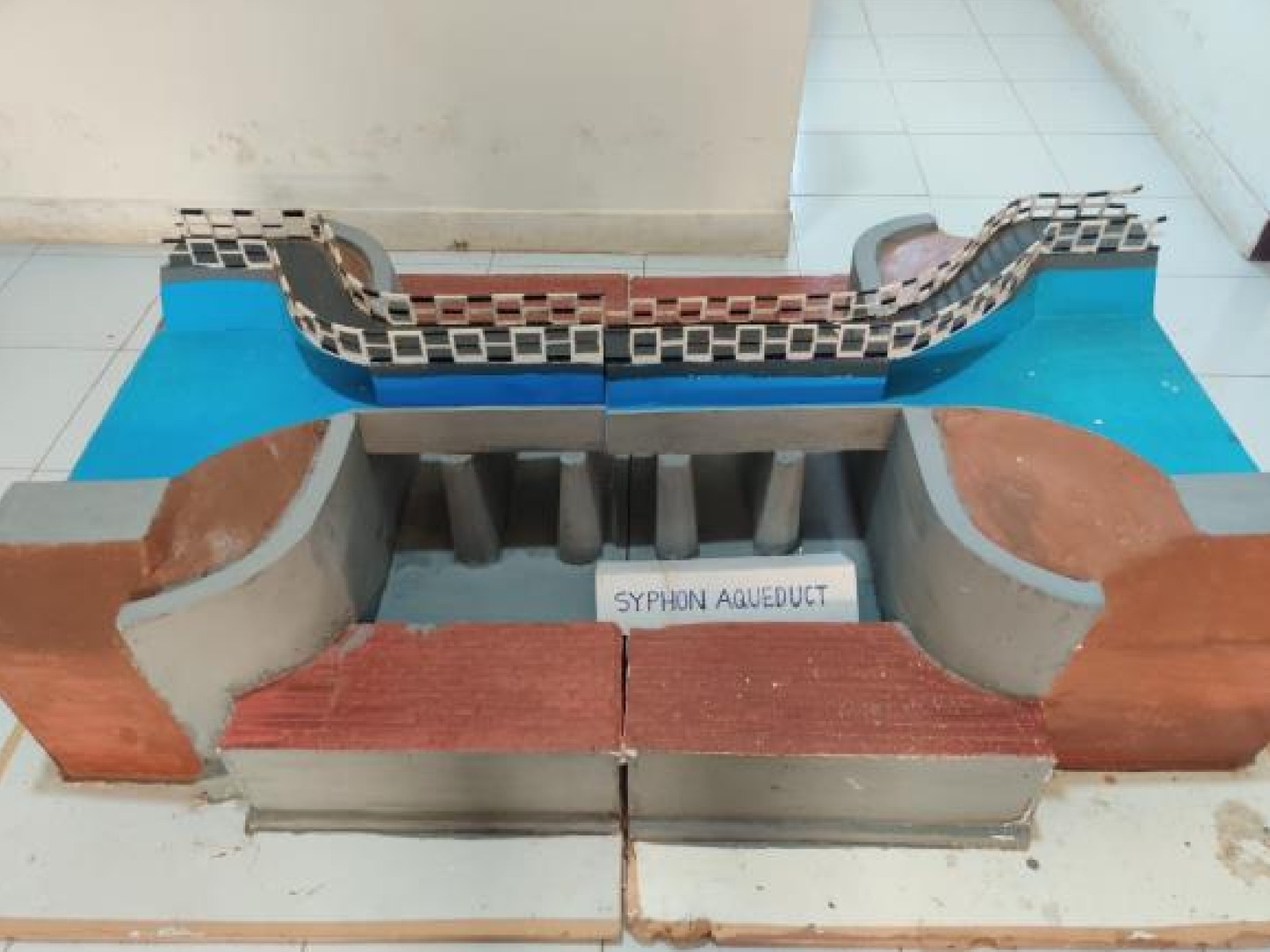
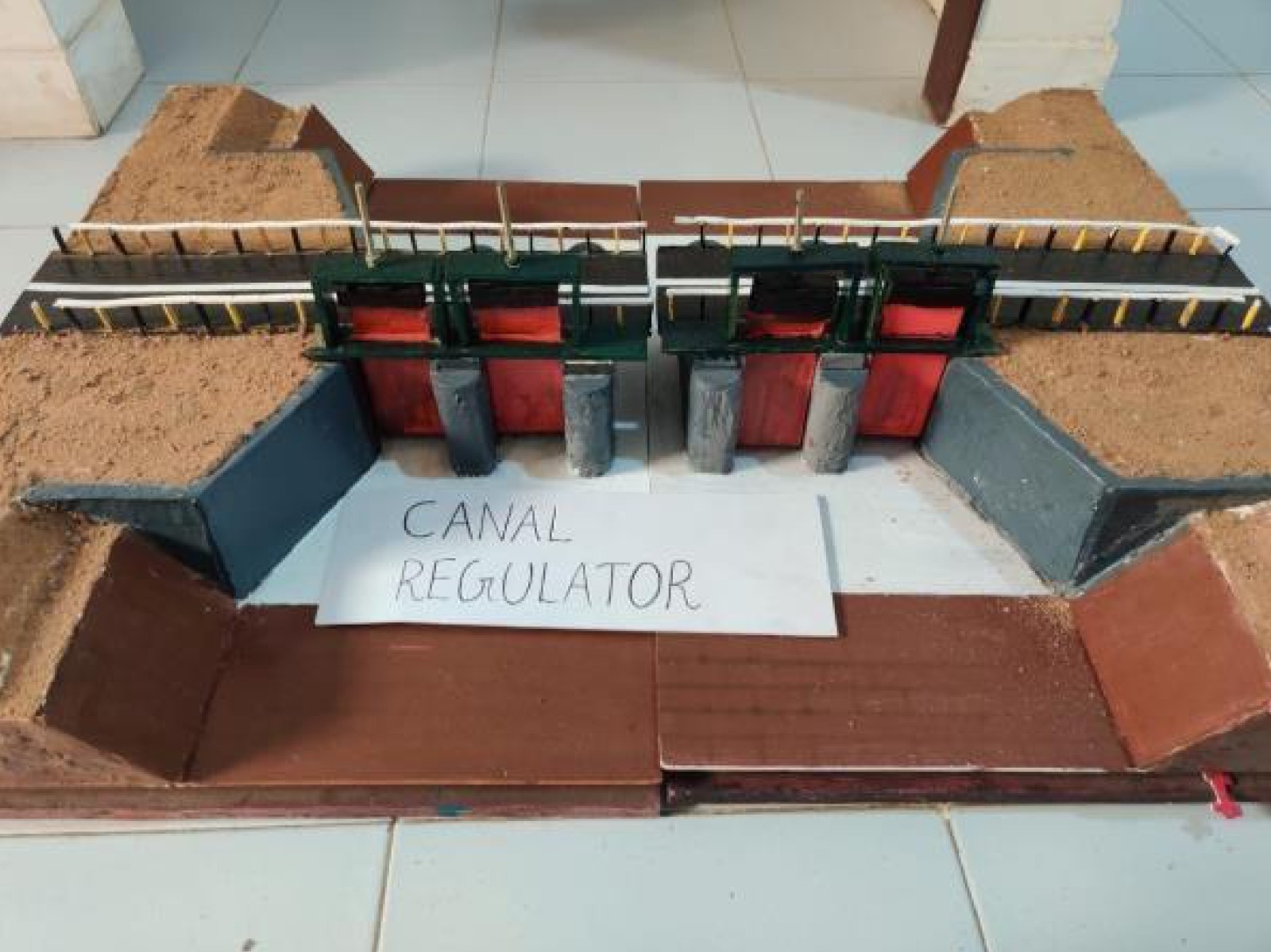
Three-dimensional models developed for Syphon Aqueduct, Aqueduct and Canal Regulator
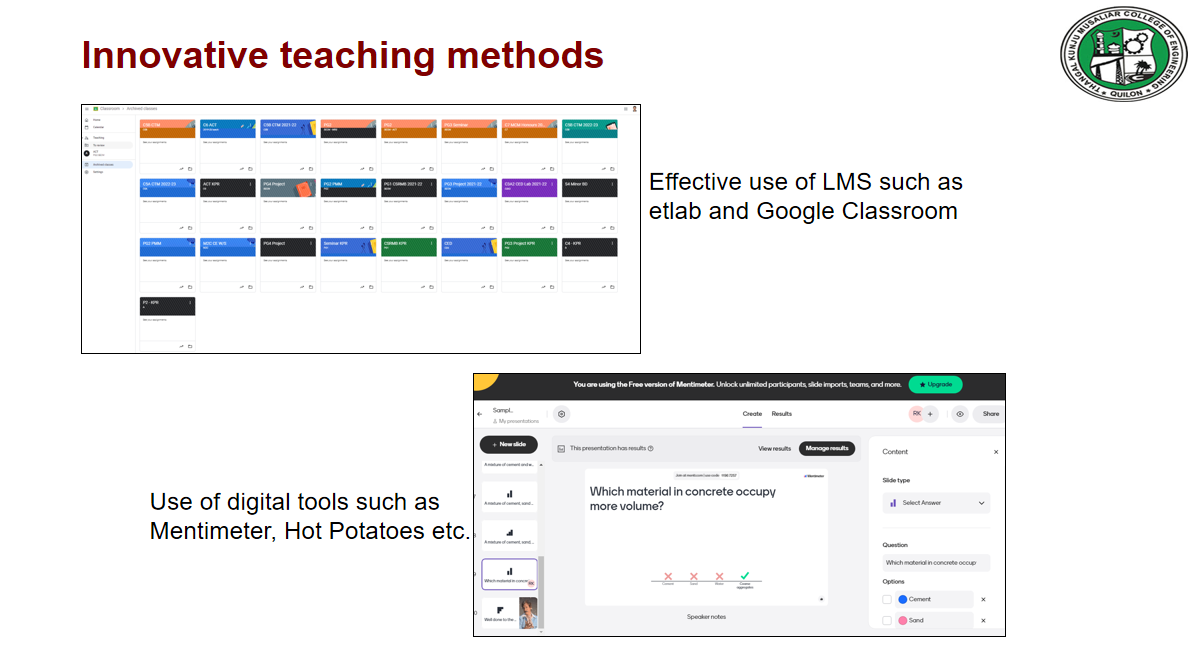
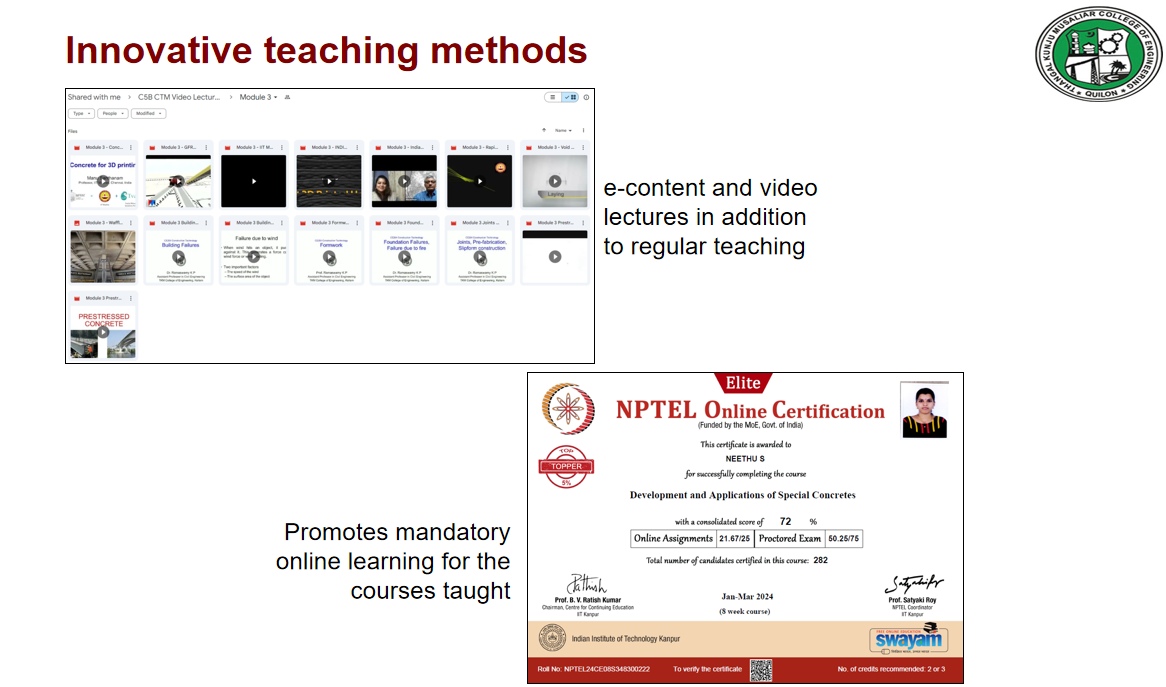
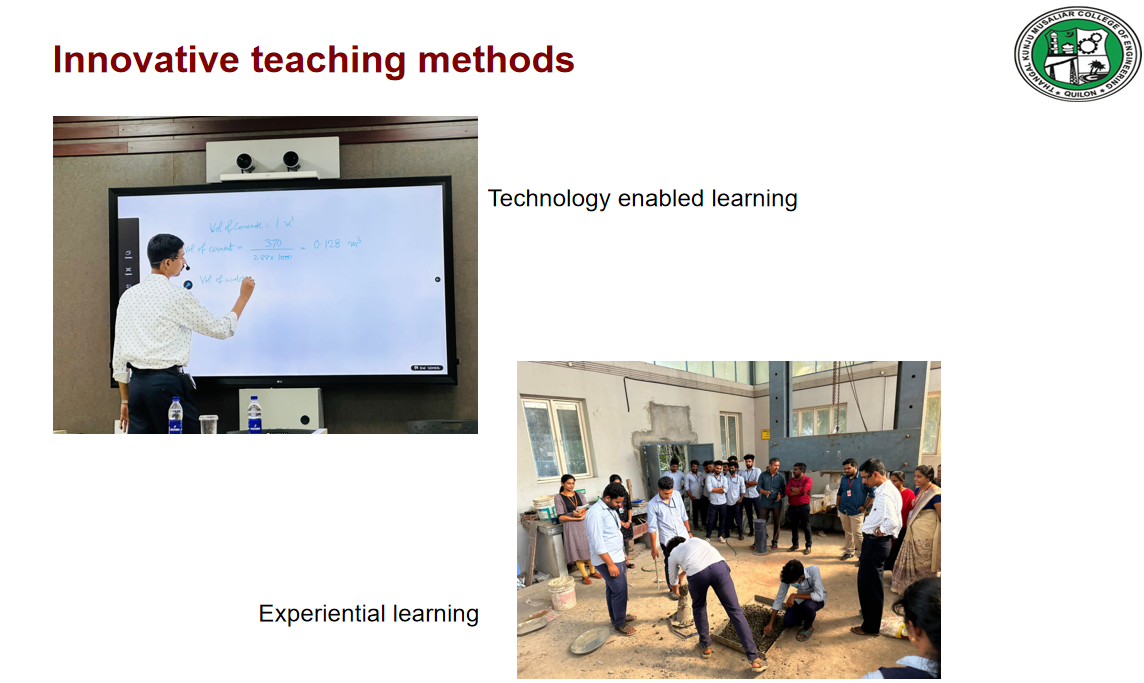
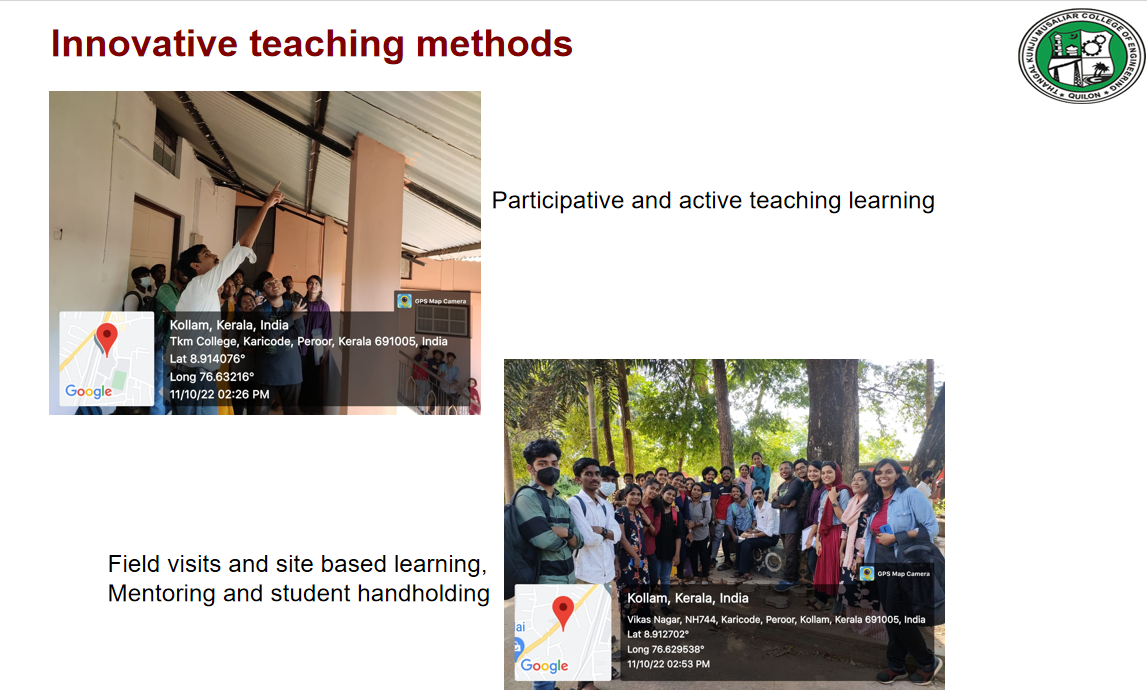
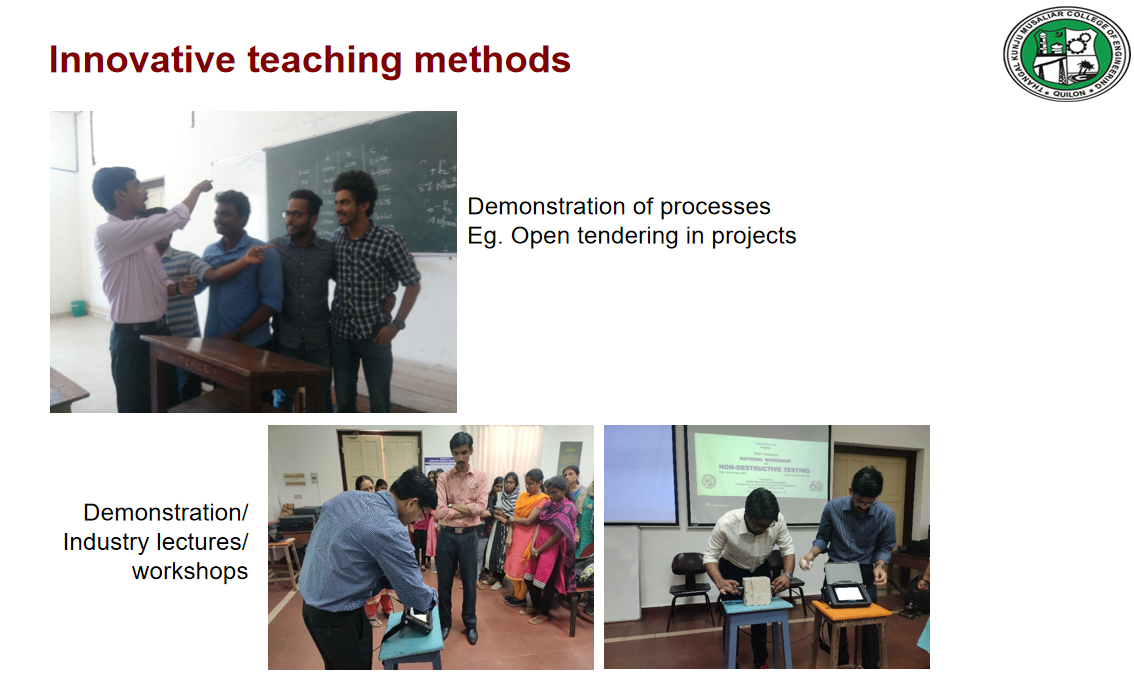
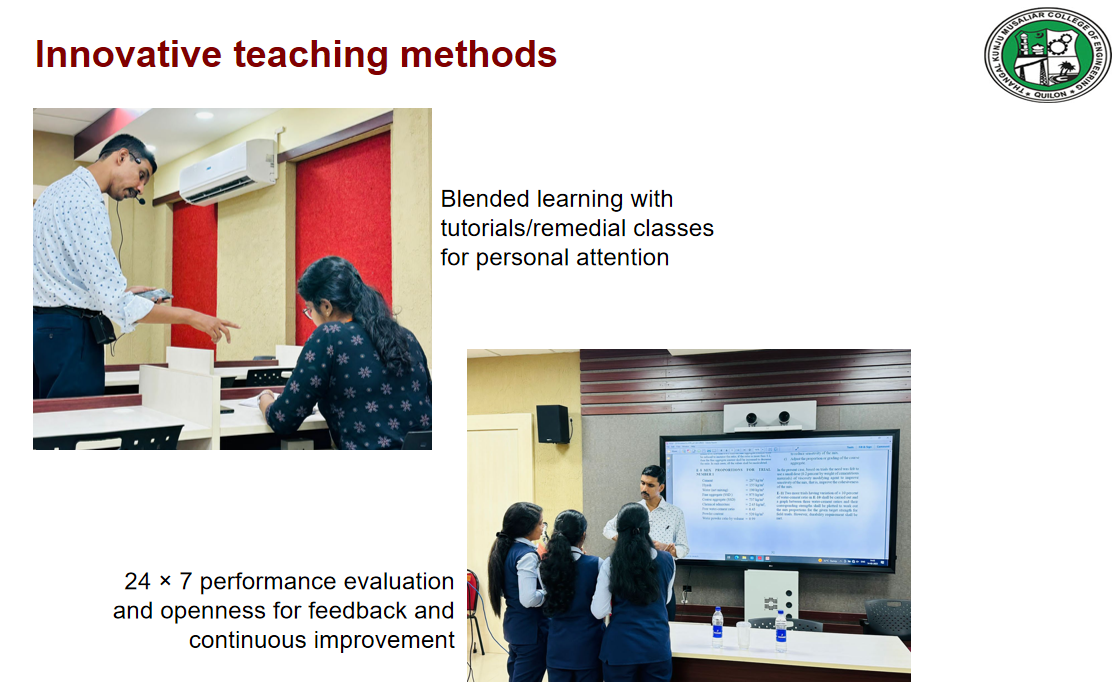
Complex Engineering Problem

